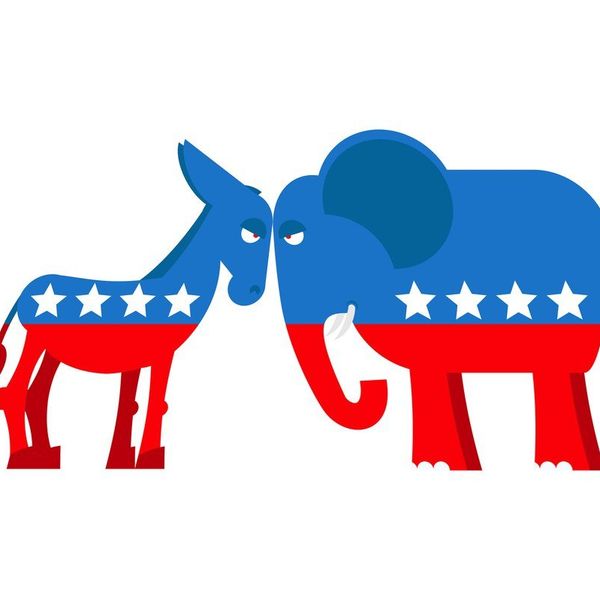We are in the heart of the election season and, as a result, politics are appearing more and more frequently in every social sphere as discussion topics. I observe that once people start chatting about politics they usually fall into one of two camps, and I’m not talking about left versus right.
First, you’ve got your hardcore dogmatists. These guys usually account for most of the fireworks associated with bringing up the p-word as they endlessly wrestle with each other. Then there are the peacemakers, who just want everybody to chill out. They willing — even eager — to arrive at any compromise as long as everyone talks calmly and intelligently. Presumably, there is also a third group of people who don’t really give a damn as well as few people straddling multiple camps. But in general, I think this is a fine, if oversimplified, way of looking at casual political discourse.
Maybe I’m missing something, but neither of these camps ever makes any progress towards their goals. Most dogmatists will go through their entire lives without pulling someone into their ideology, and I think it’s obvious that the peacemakers have never gotten close to achieving a calm environment. For those among us who are comfortable with this monotony, don’t worry. We can’t avoid having these types of conversationalists, and their goals are not bad ones. Passion and peaceableness are things that everyone should strive for. Yet, it can be hard to not be swallowed up by the endless rhetoric of whichever camp you find yourself in. There are better ways to think about your beliefs and how they relate to the beliefs of others.
Two things are true of most political issues: multiple sides of the issue have rational justifications and, as a result, these issues are unresolvable via argument. A really obvious example of this is the abortion debate. Alasdair MacIntyre, in his book "After Virtue," identifies the situation very clearly in his portrayal of two of the sides (and a third which I won’t mention) which I will try to summarize: There are groups A and B. A claims that embryos are an independent form of life and that abortion is thus murder. B claims that embryos are a part of the mother’s body and thus are subject to her personal freedoms. Both sides make a claim before coming to a rational conclusion. As for the claims themselves, it is almost impossible to discriminate between them at a surface level. In a vacuum, both claims are equally valid. This isn’t relativism or some other silliness, you actually need a personal context for these claims to make sense.
Taking a step back, it is easy to see how most issues can be sliced this way. While you can characterize the political scene as being right versus wrong, it is more practical to think of it as competing truth claims. You can still claim to be correct, but it comes with an understanding that disagreement largely comes from personal experience rather than being dumb, uninformed, etc. Here’s the difference this makes: for the dogmatist, it is no longer urgent to repeat your truth claims. For the peacemaker, accept that most people will never abandon their passion for their platforms. You can change people, but that change won’t happen through repeating your stance ad nauseam.



















